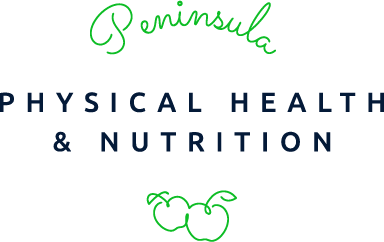Supplementary Supplements
Supplementary supplements
These days, it seems that everywhere you look there is a new supplement for something you never knew you needed supplementing. It can be confusing and difficult to keep up as some supplements are quite useful while others are nothing but snake oil.
At PPN, we like to keep things simple; being healthy shouldn’t be complicated. That’s why we have collated this list of three supplements that we believe in wholeheartedly.
Protein
Protein is essential for muscle growth and repair and is found in a variety of food including red meat, poultry, fish, dairy products, eggs, nuts, tofu and legumes.
Most people – even athletes – can easily reach their daily protein targets just by following their usual diet. But protein supplements can be used as a quick, convenient source of protein, especially when appetite is reduced post-exercise and protein needs are high.
However, there is a number of different proteins.
Whey protein is the most common. Whey protein is a high biological value protein that is rapidly digested and is rich in branch-chain amino acids (BCAAs), especially leucine.
Some protein powders come with added carbohydrates, some are more rapidly digested, some have other added vitamins and minerals. The protein supplement you choose will depend on your training goals, taste preference, energy budget, training type and general diet.
Creatine
Creatine is a naturally-occurring compound found in muscles that can be obtained through diet as well as being naturally produced by the body.
Increasing stores by using creatine supplements can potentially enhance fatigue resistance and improve performance during high-intensity, activities lasting
Supplementation involves a loading phase which can be done over a short (5 day) or slow (28 day) period and is followed by an ongoing maintenance dose.
Individuals that have lower creatine stores to begin usually see the greatest response.
Caffeine
Caffeine works on your central nervous system and makes exercise ‘feel’ easier by reducing your perception of effort and/or reducing your perception of fatigue.
Everyone responds to caffeine differently, but doses of between 1-3mg per kg body weight are enough to elicit performance benefits (e.g. 70-210mg caffeine for a 70kg person).
Individuals participating in team sports, endurance sports or high-intensity intermittent sports may benefit from taking caffeine before or during an event.
It’s important to work out an appropriate dose for your individual circumstance as high intakes of caffeine can have negative effects on performance by impairing fine motor skills (shakiness), causing anxiety or over-arousal, disturbing sleep and causing gastrointestinal issues.
Overall, it’s important that you carefully consider the use of supplements and the source of your products. Not all supplements are tested for illicit or banned substances and products often contain ingredients that have unknown long-term effects.
Talk to a sports dietitian to find out more about supplements and the best product for you.





